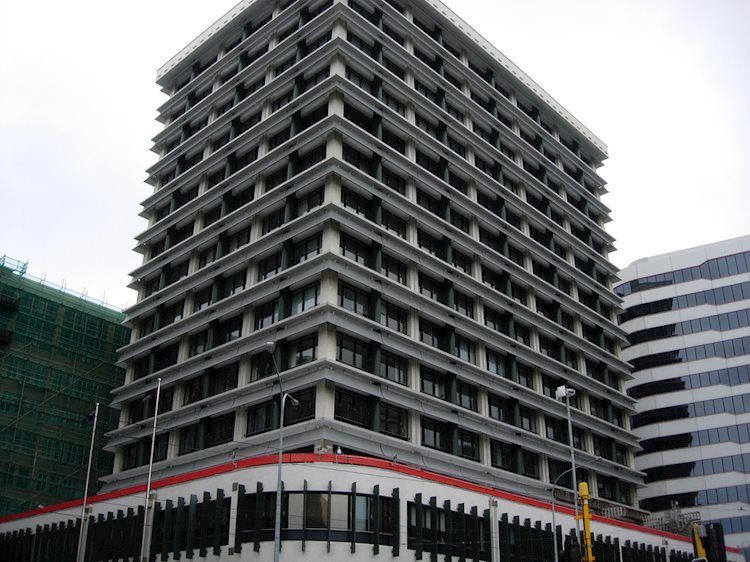The Reserve Bank of New Zealand (RBNZ) faces tough decisions as it contemplates a potential 75 basis points (bps) official cash rate (OCR) cut. Despite inflation being back within the target band at 2.2% year on year in Q3-2024, driven by disinflation in tradables, non-tradables inflation remains high. Housing and insurance costs are among the stubbornly high components contributing to this. In light of rising odds of a Trump-Republican sweep and dovish RBNZ expectations, economists at Standard Chartered Bader Al Sarraf and Nicholas Chia believe that the New Zealand Dollar (NZD) will underperform.
Market expectations of more aggressive rate cuts have increased, with around 57bps of easing anticipated at the November meeting. This implies a 30% probability of a 75bps cut. However, historical data shows that the RBNZ typically opts for larger OCR adjustments during periods of significant market shocks and economic surprises. For example, during the Global Financial Crisis and the COVID-19 pandemic, the RBNZ responded with outsized cuts of up to 150bps. Conversely, a previous CPI print 0.8 percentage points above RBNZ forecasts led to a 75bps hike in the OCR.
Despite the market pricing indicating the likelihood of a 75bps cut, analysts at Standard Chartered believe that the current economic situation may not warrant such a drastic move. They maintain their call for a 50bps cut, citing the high bar for a 75bps reduction. The RBNZ is expected to proceed cautiously, considering the risks of inadvertently boosting the housing market and causing instability in the NZD. These factors play a crucial role in the transmission of monetary policy to consumer price index (CPI) inflation.
In summary, the RBNZ is facing a challenging decision regarding the OCR cut, with inflation back within the target band but non-tradables inflation remaining high. Market expectations of a 75bps cut have increased, but historical data suggests that such drastic cuts are typically reserved for periods of significant economic shocks. Despite the potential for a larger rate cut, analysts at Standard Chartered maintain their call for a 50bps reduction, citing the need for caution to avoid unintended consequences. The RBNZ’s decision will be crucial in balancing the risks of boosting the housing market and causing NZD instability while maintaining stable CPI inflation.































